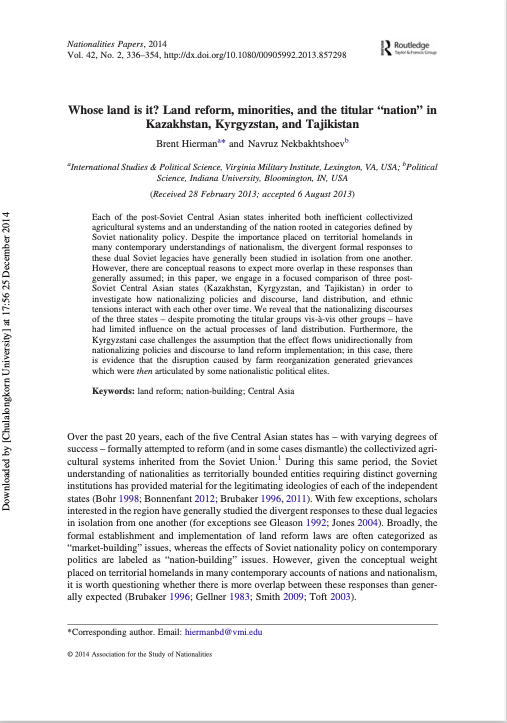A guide to traceability: A practical approach to advance sustainability in global supply chains
This guide provides companies with an overview of the importance of traceability for sustainability purposes, outlines the global opportunities and challenges it represents and summarises practical steps for implementing traceability programmes within company operations. It
• defines traceability and explores its history, benefits and challenges, including an overview of current collaborative schemes on traceability,




